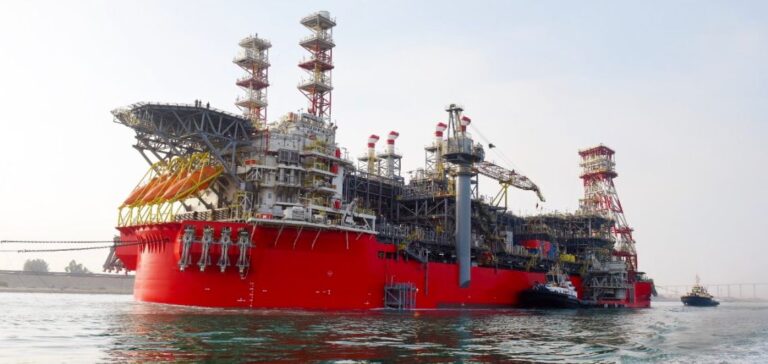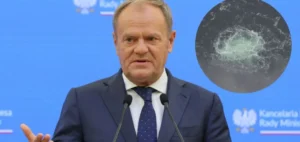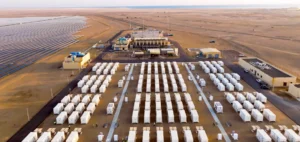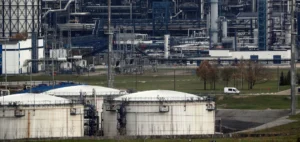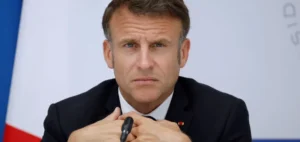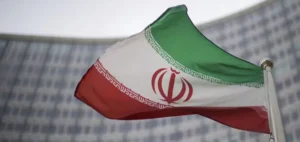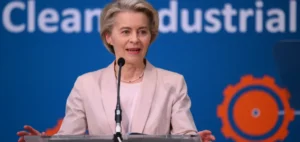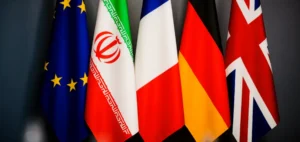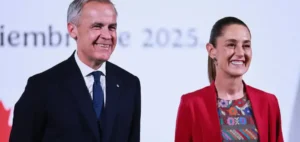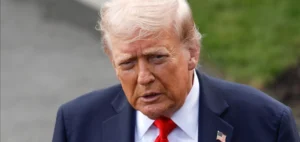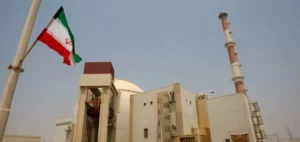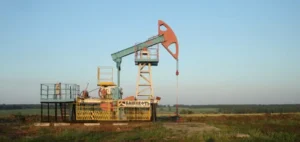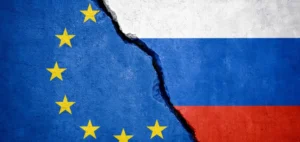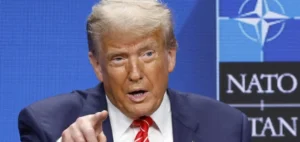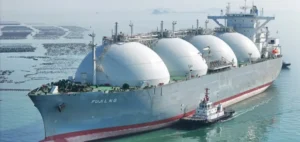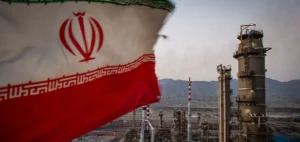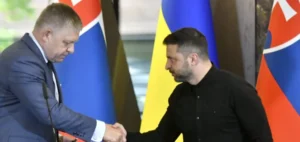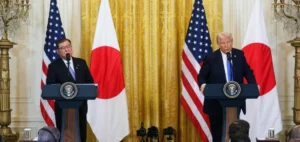After intense diplomatic negotiations to delimit its maritime border with neighboring Lebanon, Israel activated the Karish offshore gas field this week, a key step in its plan to boost its natural gas exports to Europe.
On Wednesday, on the eve of the signing of the agreement, the company Energean began production in Karish, welcoming the “strengthening” of “the security of energy supply in the Eastern Mediterranean”.
This field should supply the Israeli market but also increase exports from the Leviathan and Tamar platforms, which are connected to a pipeline linking southern Israel to northern Egypt, where the gas can be liquefied and shipped to world markets.
In the wake of Russia’s invasion of Ukraine, the European Union turned to various gas-producing countries, including Israel, to diversify its supplies. And the Hebrew State has responded.
– Goodbye Gazprom? –
“We will be part of the effort to replace Russian gas in Europe,” Prime Minister Yair Lapid said recently, adding that Israel planned to supply Europe with “10%” of Russian supplies before the invasion of Ukraine.
Moscow had supplied in 2021 some 155 billion m3 of gas to EU countries.
Israel already delivers gas to its neighbors Jordan and Egypt, and in June signed an agreement to liquefy its gas in Egypt for delivery to Europe.
Israel’s two offshore fields of Leviathan and Tamar produce 23 billion m3 of natural gas per year.
But Israeli domestic consumption is 13 billion m3 and the agreements with Jordan and Egypt are around 9.5 billion m3, leaving little gas available, explains Gina Cohen, a specialist in the Israeli gas sector, to AFP.
“To sell more to Europe, we need stable production from the Karish field,” which has a short-term capacity of 6.5 billion cubic meters per year, she says.
In addition, for Israel to establish itself as a major supplier of gas to Europe, part of the gas pipeline with Egypt must still be expanded and production from the Tamar and Leviathan fields increased.
Egypt’s liquefaction capacity is not infinite either and Israel will have to find in the medium term other ways to bring its gas to Europe such as an Israel-Cyprus-Turkey or Israel-Cyprus-Greece pipeline, or even develop its own liquefied gas terminals, analysts say.
– Cana –
The Israel-Lebanon border agreement recognizes Israeli rights to Karish and Lebanese rights to the Qana fields, with the stipulation that the Hebrew state will receive its share, about 17% according to Prime Minister Yair Lapid, of the exploitation of this reservoir which partly crosses its waters
maritime.
But Cana is far from being ready to go into production. A 2012 seismic survey of a limited area by the British company Spectrum estimated recoverable gas reserves in Lebanon at about 720 billion cubic meters.
This month, Lebanese Prime Minister Najib Mikati “asked representatives” of the French company TotalEnergies, which heads a consortium that received an operating license for Qana in 2018, to “immediately begin” “exploration drilling in Lebanese waters.”
Lebanon may therefore have to wait several years to move from exploration to exploitation.


